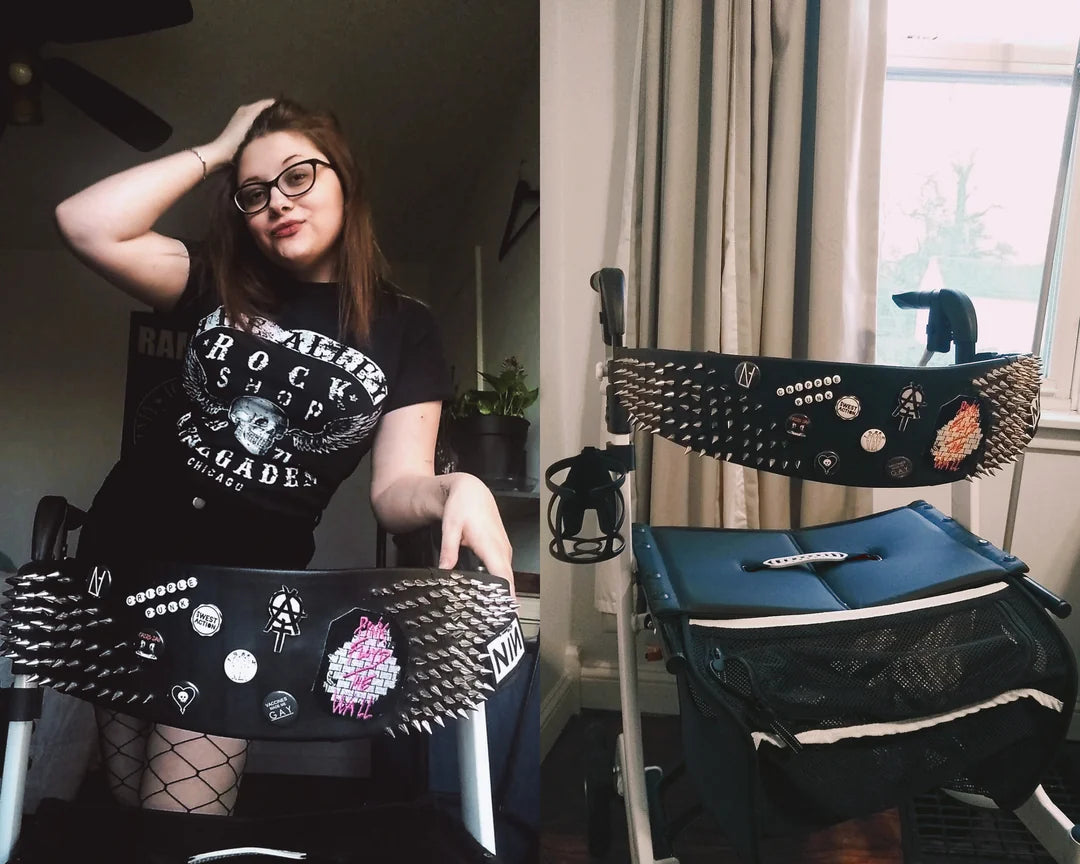
Do I need a Rollator?
Share
Choosing Between a Rollator and Walker - Which Mobility Aid is Right For You?
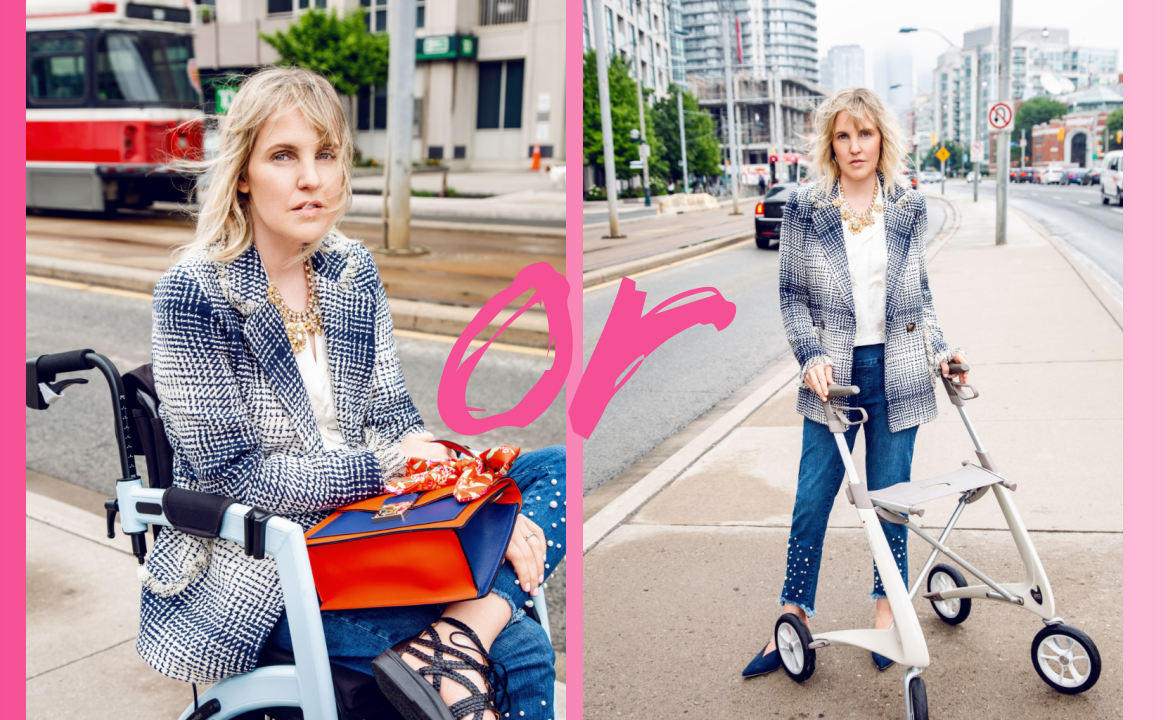 When mobility becomes difficult, walkers and rollators can provide needed support and independence. But how do you decide which is the best option? This guide covers everything you need to know about choosing the right walking aid.
When mobility becomes difficult, walkers and rollators can provide needed support and independence. But how do you decide which is the best option? This guide covers everything you need to know about choosing the right walking aid.
What are the Key Differences Between Rollators and Walkers?
Rollators and walkers serve similar purposes but have some key differences:
Wheels - Rollators have 3 or 4 wheels while walkers may have 2 wheels or no wheels. The wheels on a rollator allow easy gliding motion.
Seat - Most rollators have a built-in seat to rest on. Walkers do not.
Brakes - Rollators have hand brakes for safety and control. Walkers do not.
Stability - Walkers provide maximum stability by having 4 legs firmly on the ground. Rollators may be less stable.
Maneuverability - Rollators are easier to steer and maneuver due to the wheels. Walkers must be lifted and placed with each step.
Use - Rollators allow you to walk moderate distances comfortably. Walkers are best for slow, stable walking.
Differences Between a Walker and a Rollator
| Feature | Walker | Rollator |
|---|---|---|
| Stability | Stable mobility aid, especially non-wheeled versions. | More mobile but requires steering and brake operation. |
| Wheels | Available in non-wheeled and wheeled versions. | Always has wheels, available in three or four-wheel versions. |
| Weight | Lighter, around 8 lbs. | Heavier, around 25 lbs. |
| Seat | Usually doesn't have a seat. | Most have a built-in seat. |
| Accessories | Can add pouch, basket, tray, cup holder. | Usually comes with a basket, fewer accessory options. |
| Maneuverability | Must be picked up and moved forward for each step. | Easier to move, especially three-wheeled versions. |
| Design | Plainer look. | More stylish, variety of colors. |
| Use Case | Good for those who need stable support and walk slowly. | Good for those who need balance but can walk at a quicker pace. |
This table summarizes the key differences between walkers and rollators.
Who is a Rollator Good For?
A rollator is ideal if you:
- Get tired easily when walking
- Need to regularly rest during walking
- Have minor balance issues but can walk unassisted
- Want to walk moderate distances independently
The wheels and seat make rollators perfect for those with limited endurance.
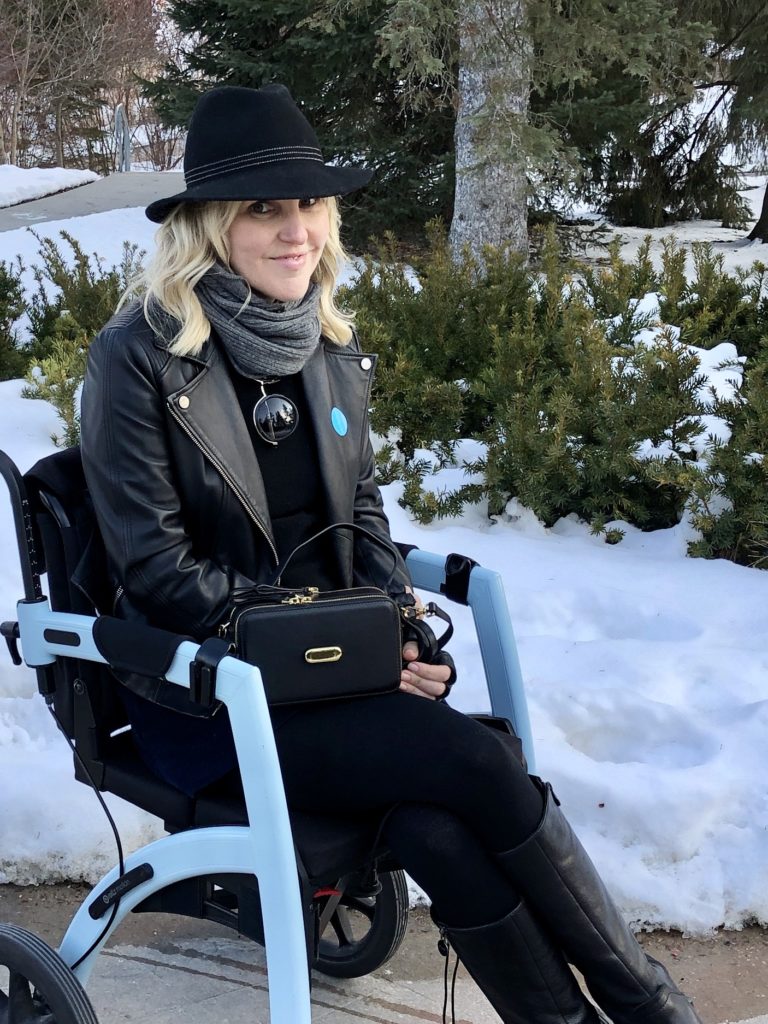
Who Should Use a Walker?
Walkers are better for those who:
- Have severe stability and balance problems
- Need maximum support while walking
- Walk at a slow, stable pace
- Don't require resting breaks while walking
- Only need to walk short distances
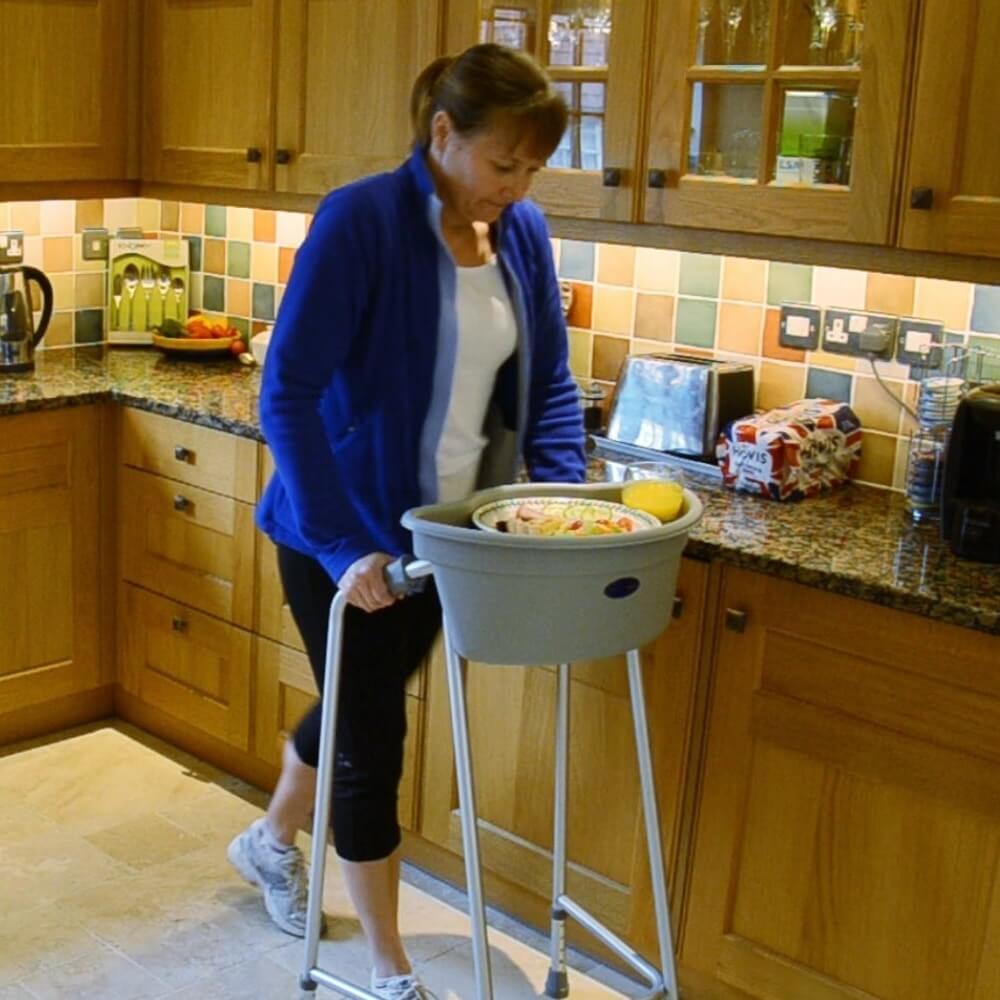 The stability of a walker prevents falls for those with more mobility challenges.
The stability of a walker prevents falls for those with more mobility challenges.
What are the Benefits of a Rollator?
Compared to a cane or walker, rollators provide:
- Easier movement - wheels reduce effort
- Opportunity to rest - built-in seat
- Increased stability - broader base
- Hand brakes for safety
- Convenience - basket for items
This allows you to walk moderate distances with less strain.
What are the Benefits of a Walker?
The benefits of a walker include:
- Maximum stability - 4 legs firmly planted
- Versatile - used indoors and outdoors
- Lightweight and portable
- Fits through doorways and tight spaces
- Encourages upright posture
- Many accessories available - tray, seat, basket
Walkers provide unparalleled support for those with severe mobility issues.
Should I Choose a Rollator or Walker for Balance Problems?
If you have severe balance problems, a walker provides the most secure base of support. For moderate balance issues, a rollator supplies needed stability while also being easier to maneuver. Consult a physical therapist to determine if a rollator or walker is safer for your needs.
Is a Rollator or Walker Better for Outdoor Use?
For outdoor terrain, a rollator is often the best choice. The wheels handle grass, gravel and uneven ground more smoothly. Make sure to get a rollator with larger wheels (8 inches or more) for easy outdoor rolling. Walkers can also work well outdoors with appropriate wheels.
How Do I Properly Use a Rollator?
Using a rollator safely requires:
- Adjusting to the right height
- Keeping your back straight while walking
- Using the hand brakes to control speed
- Avoiding stairs, curbs, and steep slopes
- Locking the brakes before sitting down
- Getting training from a physical therapist
How Do I Correctly Use a Walker?
To use a walker safely:
- Adjust it to the proper height - wrists flexed when holding handles
- Lift and place it one step ahead then step up to it
- Make sure all 4 legs are firmly on the ground before stepping
- Never push or lean on the walker while walking
- Use any accessories like a seat sparingly
- Avoid steps and steep slopes
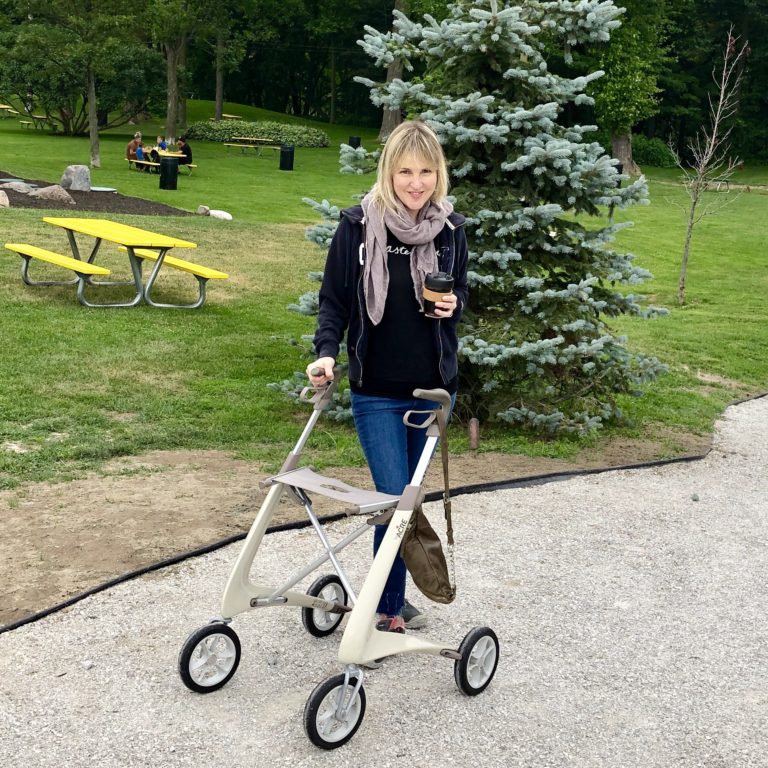 What Maintenance Does a Rollator or Walker Need?
What Maintenance Does a Rollator or Walker Need?
To keep your walking aid in good shape:
- Check wheels and brakes regularly
- Keep free of dirt, dust and debris
- Store indoors away from moisture
- Oil wheel axles if noisy or sticky
- Replace any worn out or damaged parts
- Follow manufacturer cleaning guidelines
Proper care prevents injuries and extends the product lifespan.
What Other Mobility Aids Are Available?
Besides walkers and rollators, other options include:
- Canes - For minor balance assistance
- Crutches - For leg injuries or post-surgery
- Wheelchairs - For those unable to stand
- Knee scooters - Used with a leg immobilizer
- Power chairs - For those with limited arm strength
Discuss your needs with a doctor to find the right aid.
How Do I Choose Between a 3-Wheeled or 4-Wheeled Rollator?
3-wheeled rollators turn more tightly in small spaces but may be less stable. 4-wheeled versions provide maximum stability but are harder to maneuver. Choose based on your needs - a 3-wheeler for tight indoor spaces or a 4-wheeler for walking outdoors.
What Features Should I Look For in a Rollator?
Must-have rollator features include:
- Adjustable height for proper fit
- Sturdy hand brakes for control
- Large wheels (8+ inches) for stability
- Built-in seat with backrest
- Basket or bag for carrying items
Prioritize safety, comfort and ease of use when selecting a rollator.
What Should I Look for in a Walker?
Key walker features:
- Lightweight aluminum frame
- Adjustable height handles
- Non-skid rubber tips on legs
- Options like a seat, basket, or tray table
- Easy folding mechanism for storage and transport
Focus on stability, support, and accessory options.
Questions to Ask Your Doctor When Choosing a Walker or Rollator
- How much weight bearing or balance assistance do I need?
- Should I use a rollator or a walker? Why?
- What is the best frame size and wheel type for my needs?
- How do I ensure the right fit and adjust the height properly?
- Are there safety precautions I need to take?
- How do I safely get in and out of the seat on a rollator?
- What kind of maintenance does the product require?
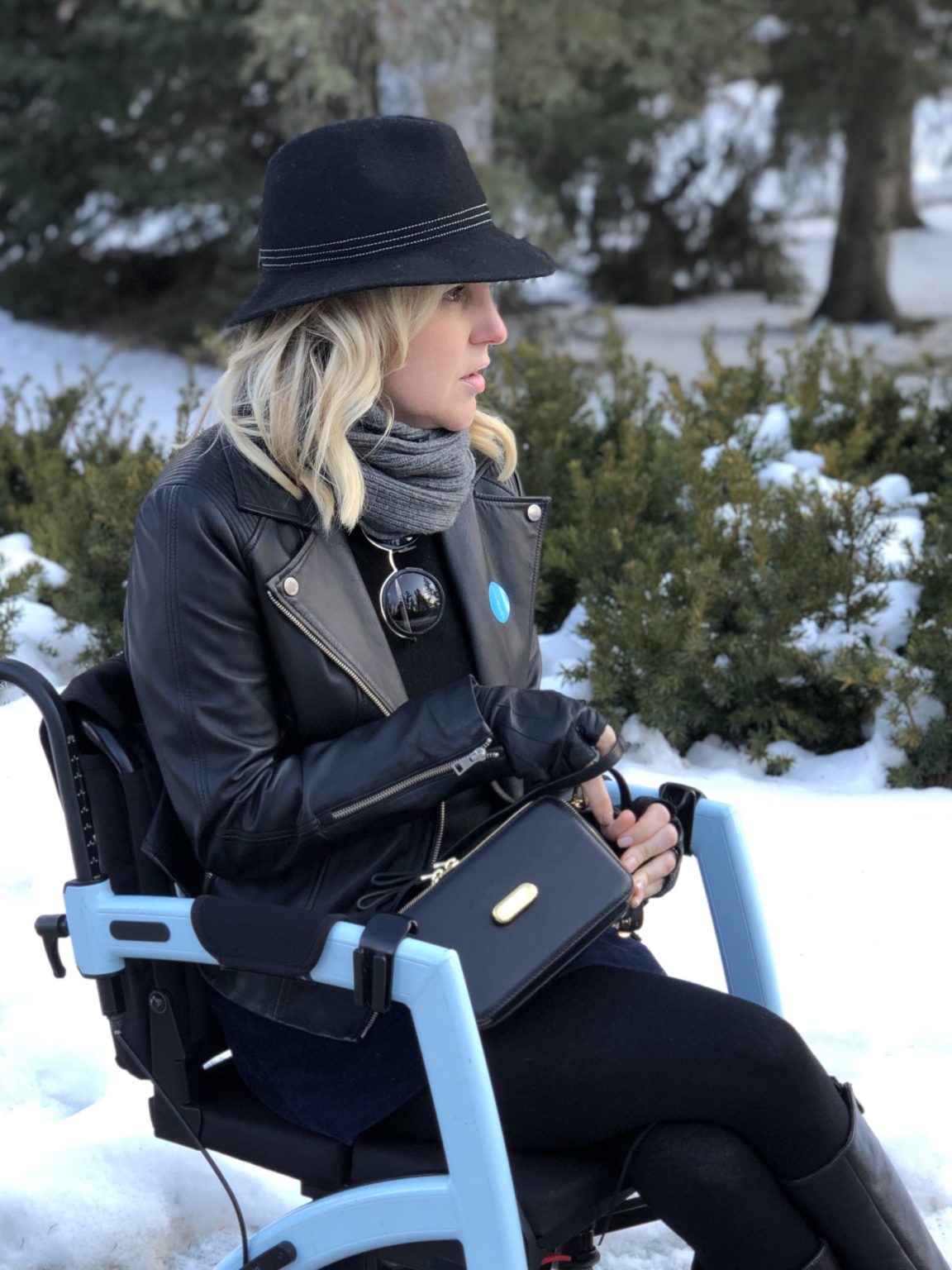 Summary - Key Points on Choosing a Rollator or Walker
Summary - Key Points on Choosing a Rollator or Walker
- Rollators have wheels and seats, walkers do not
- Rollators enhance independence for moderate mobility issues
- Walkers provide maximum stability for major balance problems
- Proper size, fit and use are crucial for safety
- Additional options like seats and baskets increase convenience
- Consult a doctor or physical therapist for personalized advice
- Choose based on your specific mobility needs and environment
With the right walker or rollator, you can maintain mobility and independence. Evaluating your needs and preference is key to selecting the best walking aid for you.
Image Credits:
Header image https://www.reddit.com/r/pics/comments/eabp19/being_disabled_changes_the_way_people_see_you_and/
Other images: https://trippingonair.com/2020/03/ready-for-a-cool-rollator-is-rollz-or-byacre-better-for-you.html